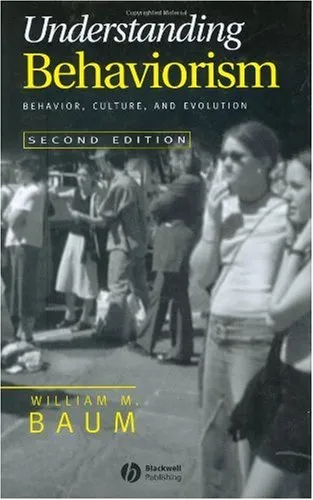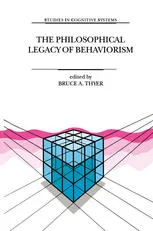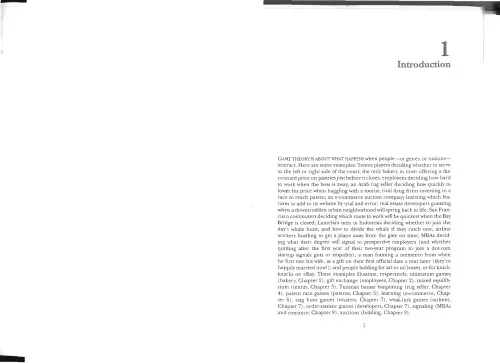Handbook of Behaviorism
4.0
Reviews from our users

You Can Ask your questions from this book's AI after Login
Each download or ask from book AI costs 2 points. To earn more free points, please visit the Points Guide Page and complete some valuable actions.Related Refrences:
Introduction to the 'Handbook of Behaviorism'
The 'Handbook of Behaviorism', authored by William O' Donohue and Richard F. Kitchener, serves as a comprehensive guide to understanding the intricate landscape of behaviorism. This book presents a rich tapestry of historical roots, core principles, and contemporary applications, making it an invaluable resource for scholars, students, and practitioners in the field of psychology.
Detailed Summary
The 'Handbook of Behaviorism' explores the theoretical underpinnings and practical implications of behaviorism, one of the most influential paradigms in psychology. This anthology brings together thought-provoking contributions from leading experts, each offering insights into various aspects of behaviorist theory and practice. The book delves into the historical development of behaviorism, examining its philosophical foundations and how these have impacted empirical research.
Readers will find in-depth discussions on classical conditioning, operant conditioning, and the evolution of radical behaviorism. Each chapter meticulously outlines key experiments and findings, demonstrating their relevance to both basic research and applied psychology. Additionally, the book examines contemporary challenges and critiques of behaviorism, offering a balanced perspective on its current standing within the broader field of psychology.
Key Takeaways
- A profound understanding of behaviorism’s historical and philosophical origins.
- Comprehensive coverage of both classical and operant conditioning.
- Critical examination of major critiques and modern advancements in behaviorism.
- Insights into the practical applications of behaviorist principles in various contexts.
Famous Quotes
"Behaviorism is not the science of human behavior; it is the philosophy of that science."
"The goal of behaviorism is to fully describe and explain the behavior of organisms."
Why This Book Matters
The 'Handbook of Behaviorism' holds significant importance for those within the psychological community and beyond. It not only revisits the seminal concepts that laid the groundwork for radical behaviorism but also bridges gaps to contemporary research, thus ensuring its relevance in today's academic discourse. As interest in behavioral theories continues to surge, particularly within the realms of cognitive-behavioral therapy and applied behavior analysis, this handbook serves as a vital reference for those looking to deepen their understanding of behaviorist methodologies.
Moreover, the book encourages critical thinking and discussion, prompting readers to reflect on how traditional theories can be adapted and applied in modern psychological practice. By providing a wealth of knowledge supported by empirical research, this handbook remains a definitive source for anyone eager to explore the depths of behaviorism.
Free Direct Download
You Can Download this book after Login
Accessing books through legal platforms and public libraries not only supports the rights of authors and publishers but also contributes to the sustainability of reading culture. Before downloading, please take a moment to consider these options.
Find this book on other platforms:
WorldCat helps you find books in libraries worldwide.
See ratings, reviews, and discussions on Goodreads.
Find and buy rare or used books on AbeBooks.
1433
بازدید4.0
امتیاز0
نظر98%
رضایتReviews:
4.0
Based on 0 users review
Questions & Answers
Ask questions about this book or help others by answering
No questions yet. Be the first to ask!













